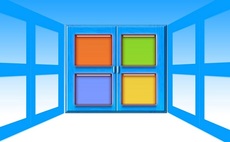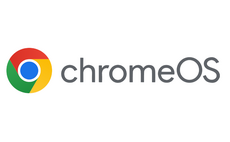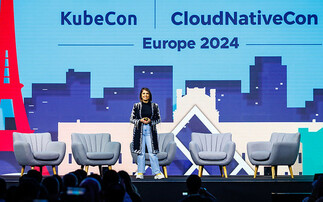Augmented reality visor, more on Universal Apps for Windows Phone and 4K Surface Hub display also unveiled by Microsoft
Windows 10 will be free to users of Windows 7 and the much-maligned Windows 8 operating systems for the first year, as Microsoft looks to shift to an "OS-as-a-service" model. In the process, th...
To continue reading this article...
Join Computing
- Unlimited access to real-time news, analysis and opinion from the technology industry
- Receive important and breaking news in our daily newsletter
- Be the first to hear about our events and awards programmes
- Join live member only interviews with IT leaders at the ‘IT Lounge’; your chance to ask your burning tech questions and have them answered
- Access to the Computing Delta hub providing market intelligence and research
- Receive our members-only newsletter with exclusive opinion pieces from senior IT Leaders






















